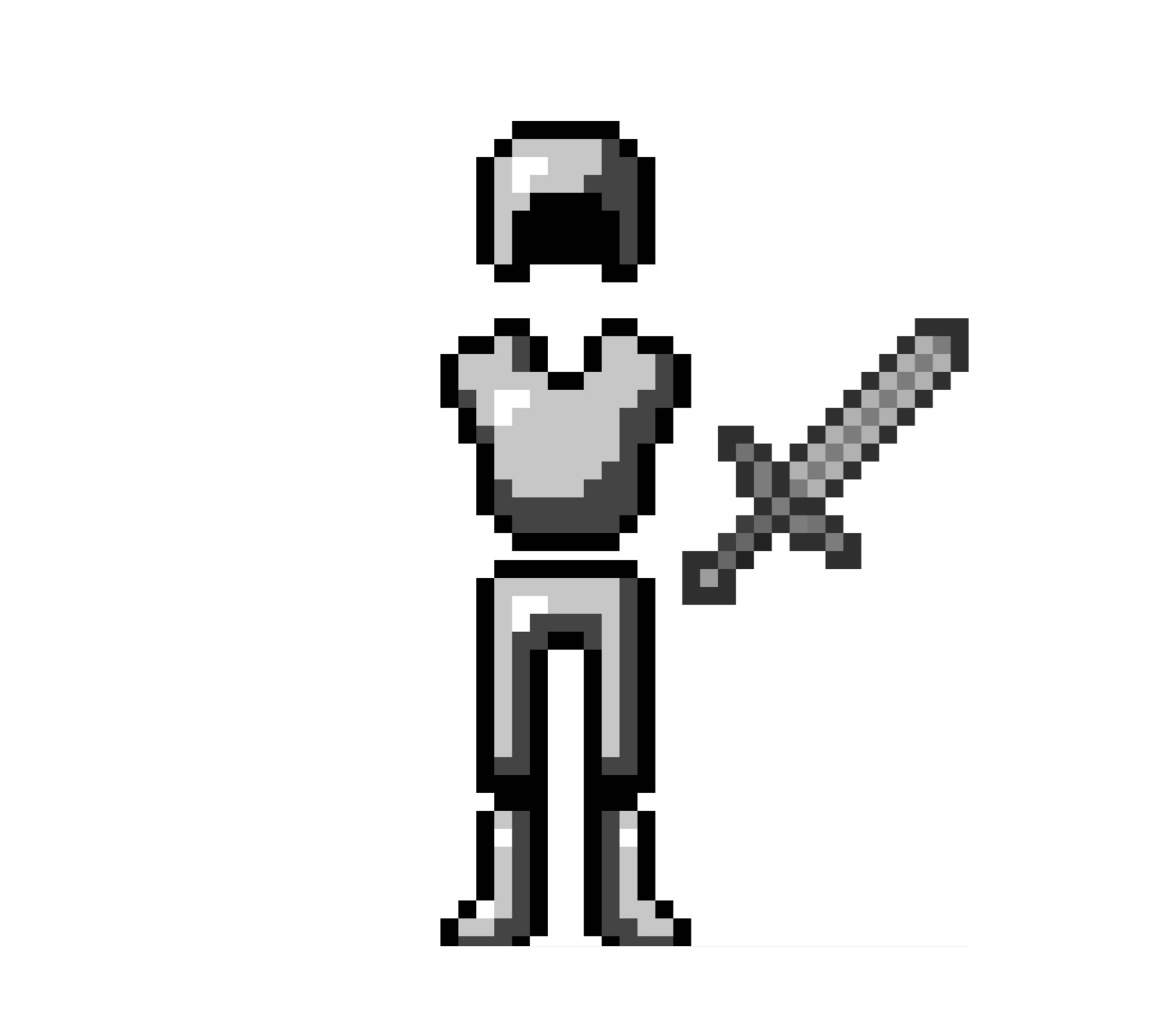
It’s the holidays in my house, so when we are not entertaining the kids there’s going to be a fair amount of Minecraft being played and watched on YouTube. Apparently, Grian is our house favourite (and with 41 million views per month he’s got lots of other admirers contributing to his incredible annual 2M$ income!) and he’s the one to watch.
This morning, he’s showing us how to play in “survival” mode. I honestly have no idea what is going on, but I have picked up today’s tip on how to survive – you need to get the best armour. Without it, you will not last long before the elements, zombies, skeletons, spiders, or creepers kill you. No armour is bad, leather is OK, iron is good, but diamond armour is straight fire. Get it?
I am not sure whether I get it, but it got me thinking again about student mental health and well-being in schools and what sort of armour our students may need to “survive” and “win” in the game of life.
I have written previously on the impact of academic rigour and how increasing competition for admission to prestigious universities is taking its toll on the mental health and well-being of students who define success in such terms. And with new international schools being built on a weekly basis, the problem is undoubtedly going to get worse before it gets better as more students are competing for the same number of available places.
But it’s not just the “losers” who suffer from playing such a competitive game. According to Michael Sandel (The Tyranny of Merit), many of the winners also progress onwards and upward carrying wounds – he refers to these young people as “wounded winners” and shares a number of harrowing statistics concerning the rise and rise of mental health issues that appear to coincide with the increasing pressure to achieve the results that they need to go the universities and colleges that they want to go to. Even students who achieve success in this system may still suffer from feelings of inadequacy, self-doubt, and isolation, as well as potentially neglecting other important aspects of their lives, such as relationships, hobbies, and personal development.
Like many, I have never been comfortable with an industrial system whose purpose is to produce “winners”. They have won (as it were) because others have lost. And it does not matter how hard we try to gloss over this, there is irrecoverable damage done, and the impact is always felt on an individual, community and societal level.
We may think that they’re extraordinary, from another planet, but maybe they’ve just been watching the right YouTube channels?
So if Grian can teach my kids how to navigate Minecraft, survive, and get hold of the best armour, perhaps we can do the same for our students in school?
I asked ChatGPT what that armour might look like, and here are five concrete steps schools can take:
- Foster a positive learning environment: Encourage a culture of collaboration, respect, and inclusivity, where students feel valued for their diverse talents and abilities, not just their academic achievements.
- Teach social-emotional skills: Integrate social-emotional learning (SEL) into the curriculum to help students develop self-awareness, empathy, resilience, and healthy coping mechanisms.
- Provide mental health support: Ensure that school counsellors, psychologists, or other mental health professionals are available to students who may need support in managing stress, anxiety, or other mental health concerns.
- Encourage a balanced approach to success: Teach students the importance of setting realistic goals and maintaining a healthy balance between academics, extracurricular activities, and personal well-being.
- De-emphasize standardized testing: Reduce the focus on standardized tests and academic rankings by adopting more holistic approaches to evaluating student achievements, such as project-based assessments, student portfolios, or individualized learning plans.
By implementing these practical strategies, schools can create a more supportive and balanced environment that helps students navigate the challenges of a meritocratic system while maintaining their well-being and sense of self-worth (ChatGPT, personal communication, 2023, March 30).
The thing is, even when we think we are doing all these things for our students, we have to remember that just because we are wearing armour, it does not mean it will offer the same protection as one crafted from diamonds!
So there you go, between a YouTuber and ChatGPT, I think we got this one all sorted!
Happy Holidays.

One reply on “Suit up!”
Thanks Damian, really enjoyed reading this! I guess as we move through life we are all wearing some sort of armour to a degree, and depending on your experiences sometimes we can feel like we need that armour to be made of stronger stuff. The five concrete steps sound like excellent positive steps forward. With mental health so much in the forefront these days, having that support available for the students is paramount.
LikeLike